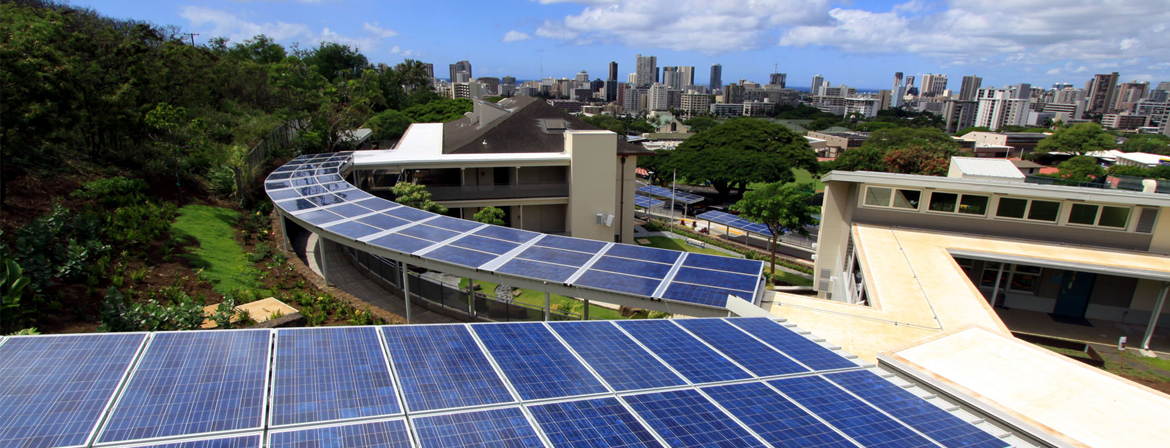A Social-Psychological Analysis of Residential Electricity Consumption: The Impact of Minimal Justification Techniques
Katzev, R. D., & Johnson, T. R. (1983). A social-psychological analysis of residential electricity consumption: The impact of minimal justification techniques. Journal of Economic Psychology, 3, 3-4, 267-284.
A Social Psychological Perspective on Energy Conservation in Residential Buildings
Langmeyer, L. (1984). A social psychological perspective on energy conservation in residential buildings. American Psychologist, 39, 7, 810-811.
Use of Evaluation to Improve Energy Conservation Programs: A Review and Case Study
Kushler, M. G. (1989). Use of evaluation to improve energy conservation programs: A review and case study. Journal of Social Issues, 45, 1, 153-168.
Psychological Factors in the Nuclear Power Controversy
Levi, D. J., & Holder, E. E. (1988). Psychological factors in the nuclear power controversy. Political Psychology, 9, 3, 445-457.
Nuclear Power: The Dynamics of Acceptability
Levi, D. J., & Holder, E. E. (1986). Nuclear power: The dynamics of acceptability. Environment and Behavior, 18, 3, 385-395.
Residential Energy Conservation: The Role of Past Experience in Repetitive Household Behavior
Macey, S. M., & Brown, M. A. Residential energy conservation: The role of past experience in repetitive household behavior. Vol. 15. 1983. 123-141.
Drop and Tilt: A Comparison of Two Procedures to Increase the Use of Venetian Blinds to Conserve Energy
Luyben, P. D. (1984). Drop and tilt: A comparison of two procedures to increase the use of venetian blinds to conserve energy. Journal of Community Psychology, 12, 2, 149-154.
Residential Home Audits: An Empirical Analysis of the Ener$ave Program
McDougall, G. H. G., Claxton, J. D. & Ritchie, J. R. B. (1983). Residential home audits: An empirical analysis of the ener$ave program. Journal of Environmental Systems, 12, 3, 265-278.
Consumer Energy Research: A Review
McDougall, G. H., Claxton, J. D., Ritchie, J. R., & Anderson, C. D. (1981). Consumer energy research: A review. Journal of Consumer Research, 8, 3, 343-354.
Promoting Energy Conservation in Master-Metered Apartments through Group Financial Incentives
McClelland, L., & Cook, S. W. (1980). Promoting energy conservation in master-metered apartments through group financial incentives. Journal of Applied Social Psychology, 10, 1, 20-31.



